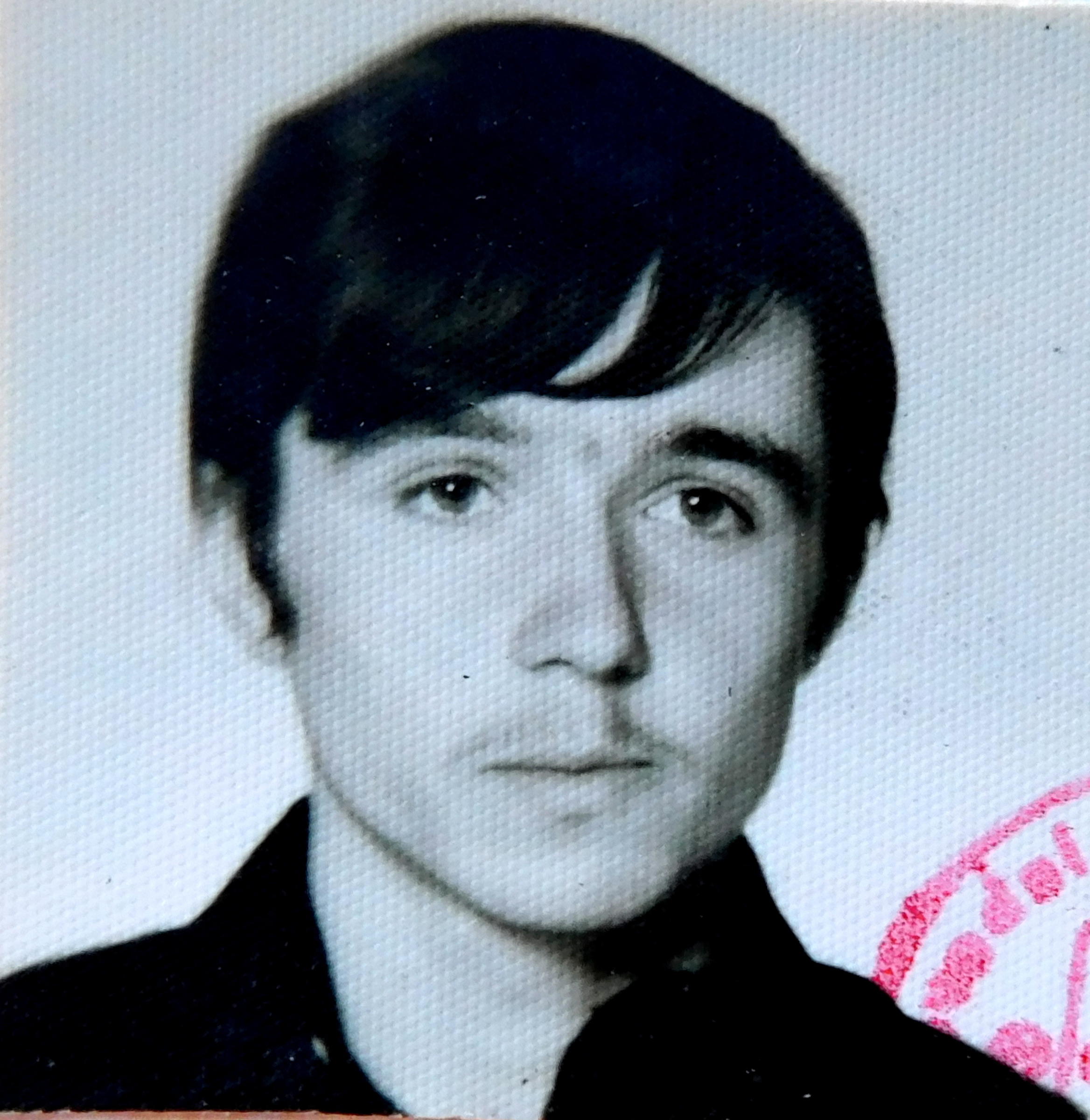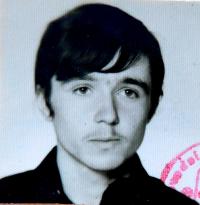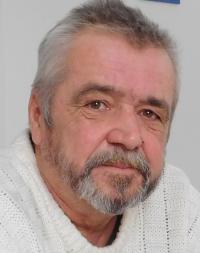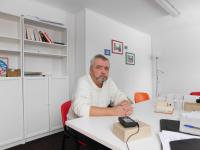They thought they had attacked Poland

Download image
Pavel Čermák was born on 9 April 1957 in Hradec Králové. After graduating from the School of Law of Charles University in Prague, he began his compulsory military service with the 21st Tank Regiment in Žatec on 1 December 1980. He was immediately made commander of the 1st Platoon and second-in-command of the 3rd Company. Five days later the Czechoslovak People’s Army geared up for the Krkonoše field exercise, which was to demonstrate that the Warsaw Pact forces were prepared to intervene against anti-Socialist groups in Poland. These were mainly members of the ever-growing independent trade-union movement Solidarność (Solidarity). Rumours spread among the soldiers of an attack on Poland, and although the main part of the 21st Tank Regiment did not participate in Operation Krkonoše in the end, the soldiers were kept in a state of combat readiness for several days. Pavel Čermák remembers that he was worried about the Poles offering armed resistance, he did not sleep properly for several days, and images of him shooting at innocent civilians tormented his mind. After completing military service he went through several jobs in the legal profession, and after the fall of Communism he briefly did business. He still lives in Hradec Králové.


